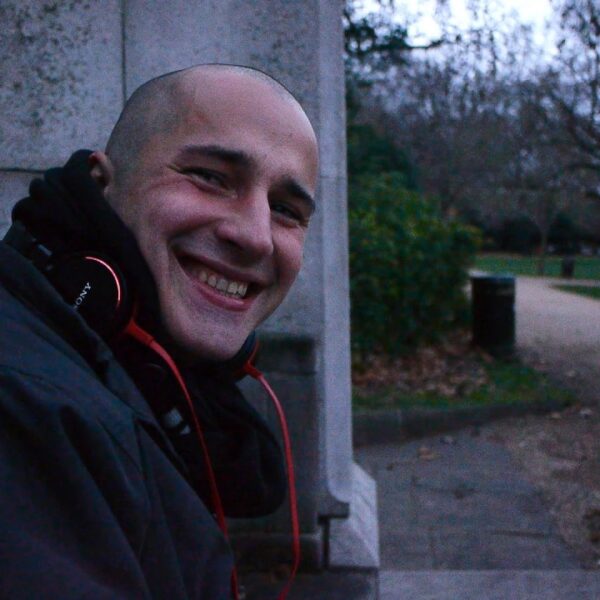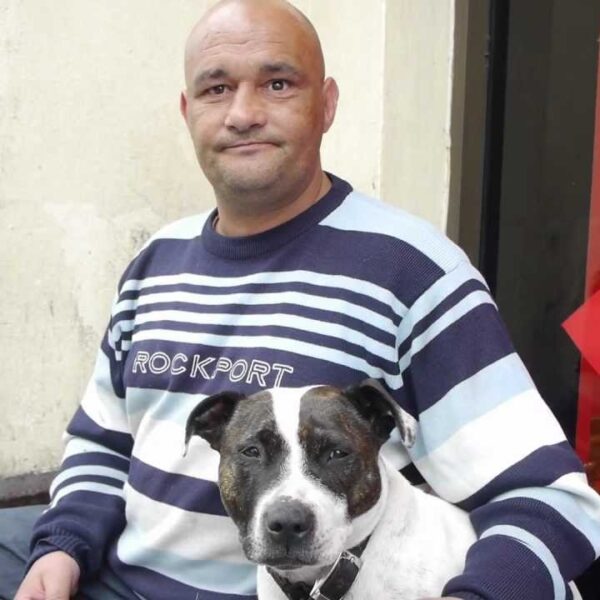As It Turns Out, Not Even Authorities Know.
Under the Homelessness Reduction Act 2017, councils are required to provide help and advice to all homeless people in need of it. According to one artist’s experiment, most councils weren’t able to offer answers to even the most basic of questions.
Anthony Luvera and Gerald Mclaverty emailed 110 councils a list of basic questions, including “Where can I”:
- Wash my clothes?
- Go to the toilet during the day? The night?
- Go to see a doctor?
- Get a bath or shower?
- Find shelter when it’s raining or snowing?
- Go for something to eat or drink?
- Get clothes, footwear, and a blanket?
- Sleep during the night that is safe?
- Go to use a computer? A telephone?
- Go to see a dentist?
- Access facilities for my pet dog (food, bags for waste, vet care)?
Out of the 110 councils they reached out to, only 10 actually answered their questions completely. Those were Hammersmith and Fulham, Hull, Leeds, Leicester, Manchester, Norwich, Portsmouth, Preston, Southampton and Wakefield. Norwich gets a special mention for replying in a human-to-human, compassionate way – an approach that turned out to be quite rare indeed.
59 either sent an auto-reply message or directed them to other organisations and charities that operated in the local area. 41 councils did not respond at all.
Obviously, this is unacceptable. Having answers for these common questions on hand and ready to go is quite literally the least you can do. And yet an overwhelming number of councils are having difficulty with it.
Bristol Behaving Badly
Bristol City Council’s reply was particularly tragic, especially given the high number of rough sleepers in the area. In a city that’s home to nearly 1,000 rough sleepers in any given year, being sent to a vague website with limited information on support services in the area was a wholly insufficient response to their very necessary questions.
Perhaps authorities will take the time to put together answers to these basic questions after their inadequate response was immortalized in Luvera’s “Frequently Asked Questions” art exhibit hosted at the People’s Republic of Stoke Crafts in Bristol.
The installation showcased each council’s response (or lack of response) to the simple questions asked of them with excerpts, statistics and graphs. Alongside the responses is Mclaverty’s recounting of his own personal experience of homelessness.
If You Were Homeless, Where Would You Go For Help?
This is the question at the centre of the Frequently Asked Questions exhibit. And with 91% of councils not being willing or able to supply answers, it’s a difficult question to answer.
It’s clear authorities don’t have the interest or ability to answer basic survival questions for homeless people in their communities. Therefore, many rough sleepers often learn things on their own by trial and error. Either that or take advice from people who have been out on the streets longer.
In fact, last November, People’s Republic of Stoke Croft hosted an event, which allowed long-term rough sleepers to come out and share their survival tips with those who were newer to the streets and may not have faced a winter outdoors before.
Some of the tips shared at this event included:
- How to keep rats and squirrels from eating your spare food
- Where to go locally for a hot meal or shower
- Safe places to store your sleeping bag, and
- Sleeping in groups for safety and human connection
The event provided valuable information and community building for a group of people who are so often looked down on- if they’re seen at all. It could’ve also provided valuable knowledge for housed people and authorities who are supposed to care for homeless community members. How many of these frequently asked questions would councils have been able to answer simply by showing up and listening to the experts?
As one group member said at the event, the experts on how to survive a winter on the streets are those who’ve done it.
Best Practices for Best Results
Experiment creators found the wide variety of responses received from each different council stuck out the most. It became clear information sharing or a common set of best practices for responding to these inquiries was virtually nonexistent.
The 100 councils who failed to provide adequate information would be wise to learn what they can. They should start by asking the 10 councils who provided answers and the experienced and knowledgeable community rough sleepers.
All it would take to collate information is the desire to provide rough sleepers with information that could help them. That and a few conversations with people authorities may not otherwise have stopped to converse with.
Photo by Jonathan Rados on Unsplash.













